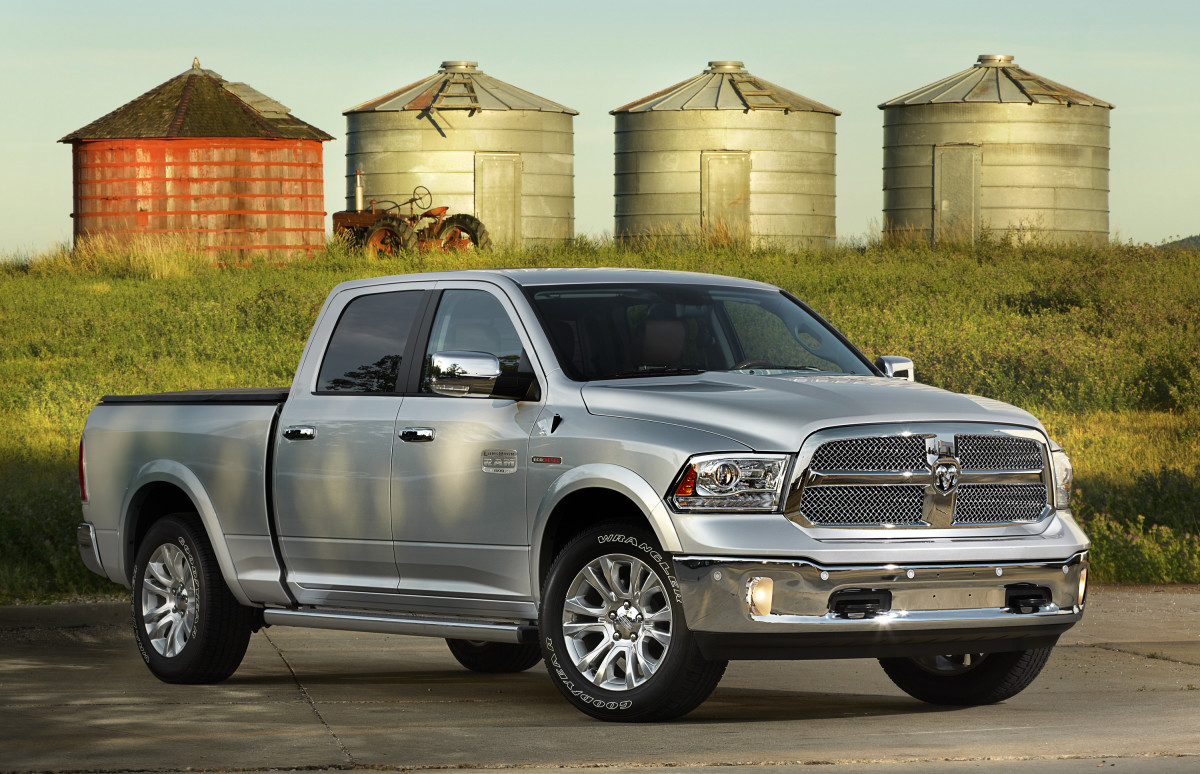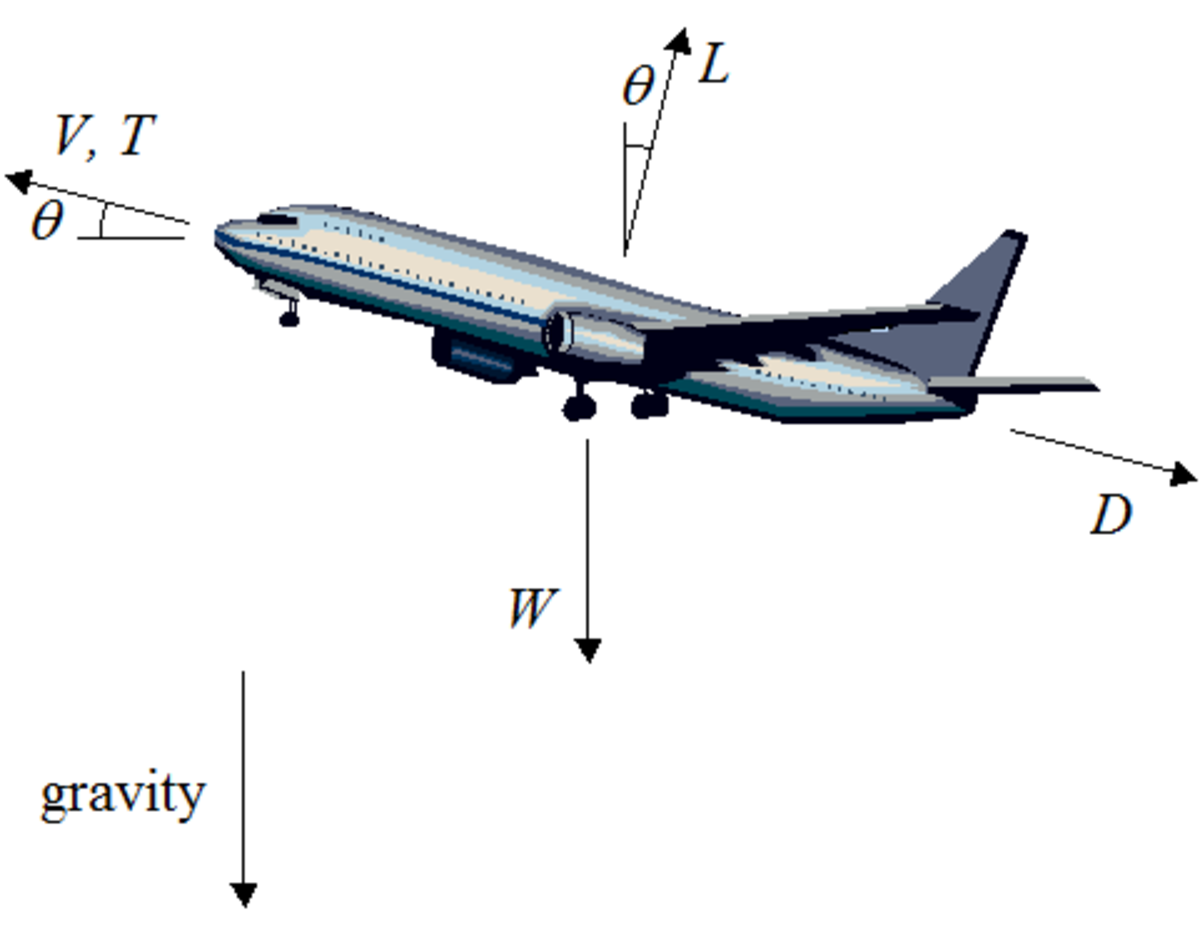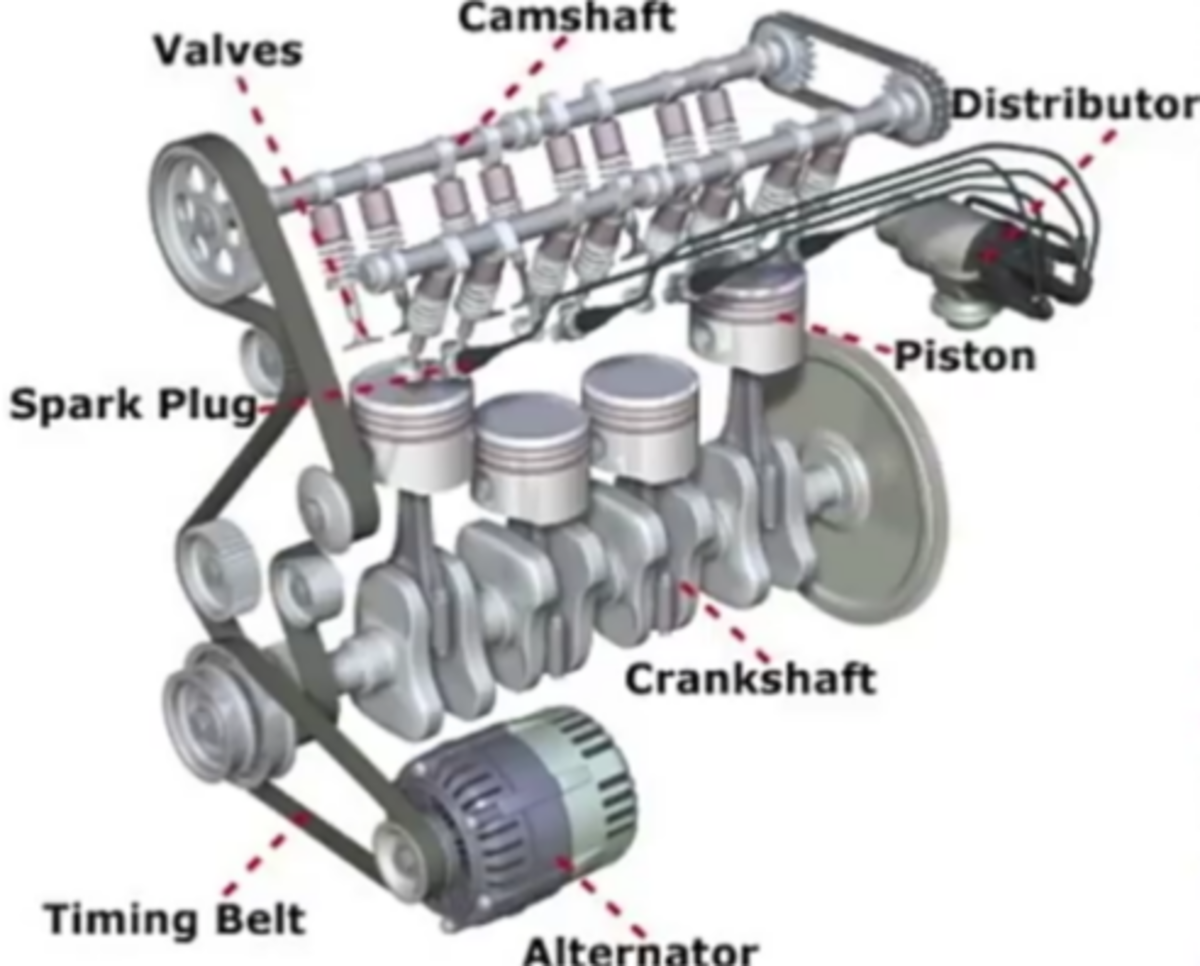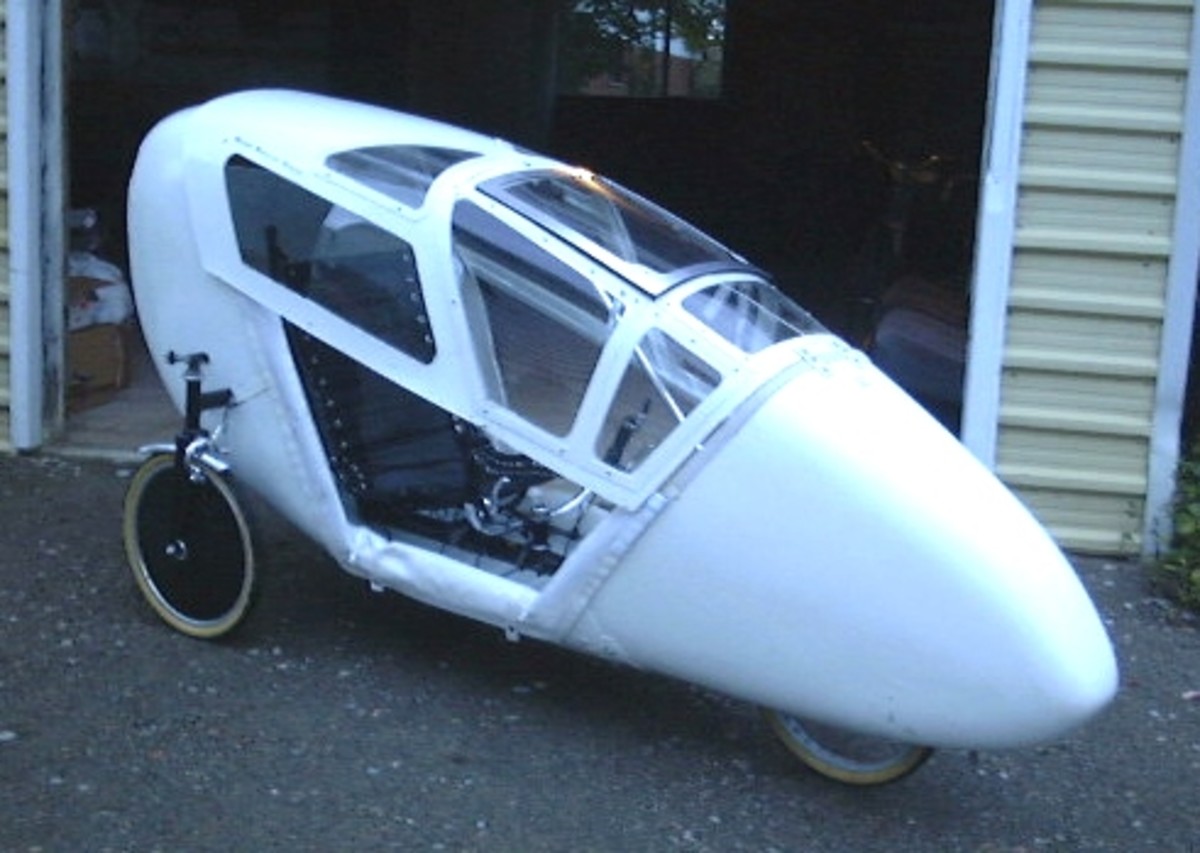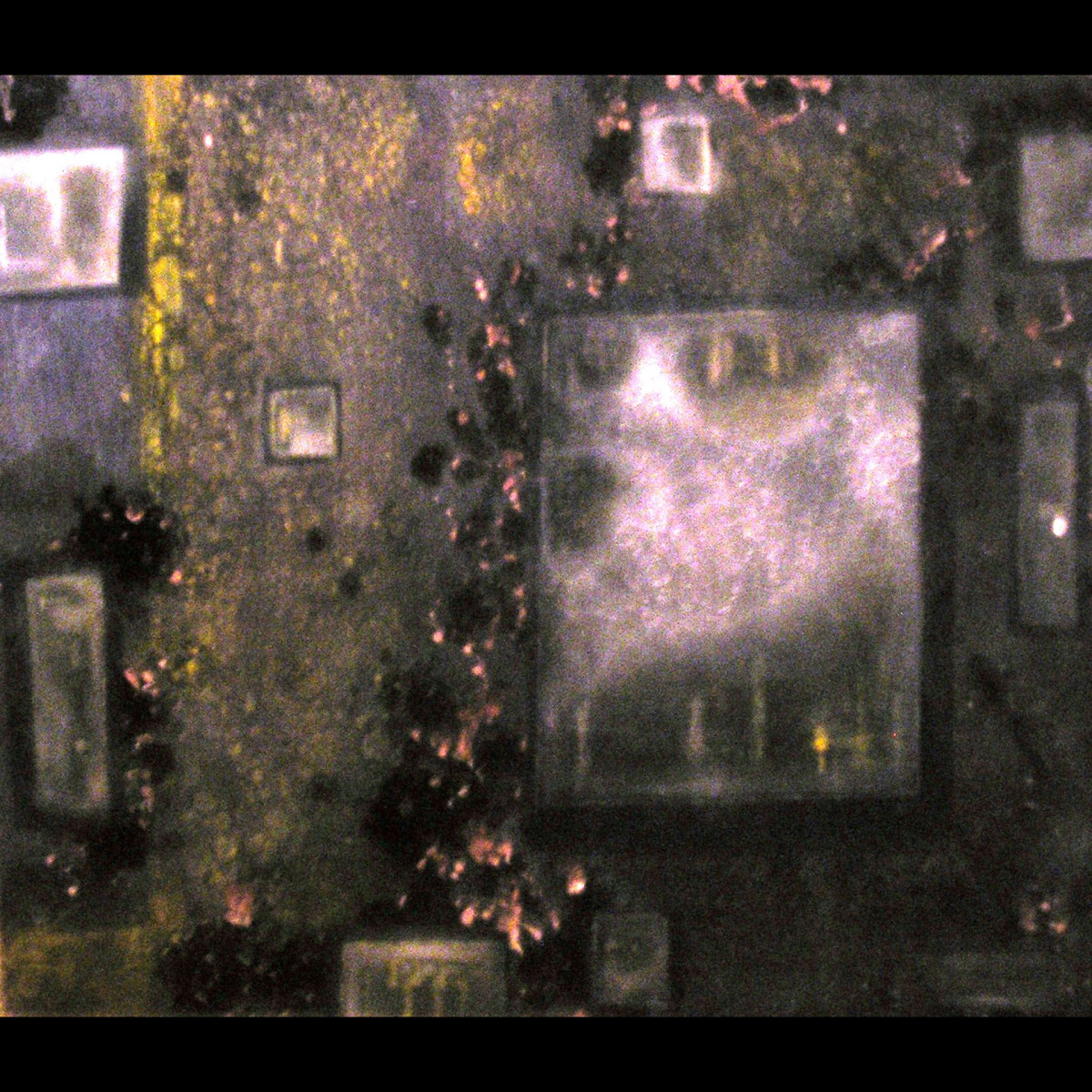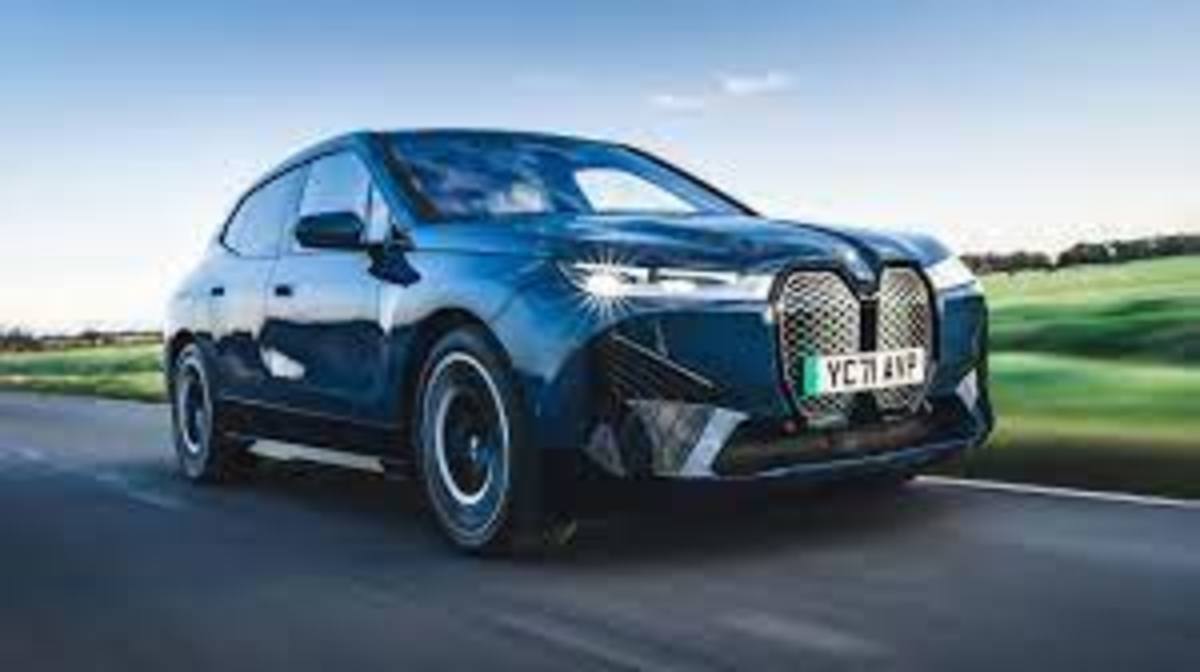How To Maximize Your Car's Fuel Efficiency
Are you getting the most out of every drop of gasoline to drive your vehicle? Chances are you're not. Most cars on the road right now are burning more gas than they should. That means that you are going to be paying way more than you need to and lets not mention the toll that will take on the environment.
Read along for ten easy ways to ensure that you vehicle is operating as it should.
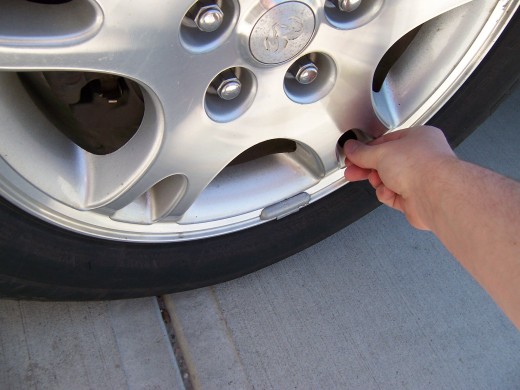
1. Tire Pressure
The majority of a vehicle's energy can be wasted just by having improperly inflated tires. To ensure you are doing right by the environment, the tire pressure should be checked carefully, accurately and often. Here are a few general rules that should be followed to get the most out of your tires.
- Tires will expand and contract depending on the weather. So as a rule of thumb check your tires at every weather or season change.
- Measuring proper tire inflation begins with a good pressure gauge. Spend a little more money on a good gauge to achieve accurate measurments.
- Know the proper pressure. Over-inflating your tires can be just as bad as under-inflating. The Tire pressure specific for you car IS NOT the Max Tire Pressure on the tire. Instead, check your car's manual or sticker on the drivers-side door panel for the Vehicle Recommended Tire Pressure.
2. City - Stop and Go
Nothing will destroy you vehicles' efficiency worse than driving in traffic. If you can avoid traffic problem areas do it. Try car pooling or taking the train - just stay away from places where you will have to crawl around at slow speeds. It not only will burn more gas, it causes your vehicle to overheat and breakdown.
3. Highway - Efficient Speed
There's nothing quite like driving out on the open road. That being said consider taking the bus, you'll be more relaxed once you get to your destination and you'll be helping the environment. If you are going to take your vehicle make sure that you understand efficient speed. Every vehicle has a specific speed where it will operate most efficiently.
Driving a Dodge Caravan I know that my efficient speed falls somewhere between 80-90 km/hr. Now that might not seem very fast but consider the amount of money you will save on gas during those especially long trips.
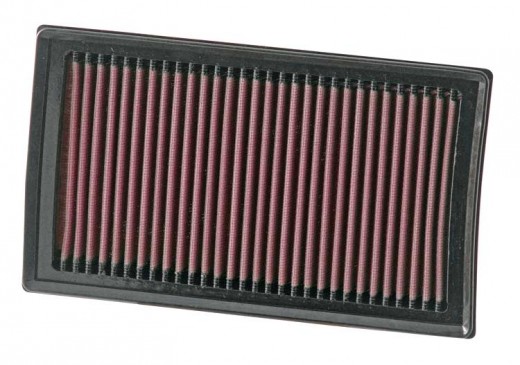
4. Air Filter
Changing/cleaning the air filter is the single most easy way to ensure a vehicle is running in top efficiency. Filters are inexpensive and should be replaced every four months. That of course depends on where you live. Dustier areas may require more frequent changes.
If you want to take it a step further consider Hi-Performance Air Filters. They are made of cloth instead of paper which allows more air-flow and are reusable. Increased air flow means more power and fuel efficiency. They're a little pricy but it may be worth it in the long run.
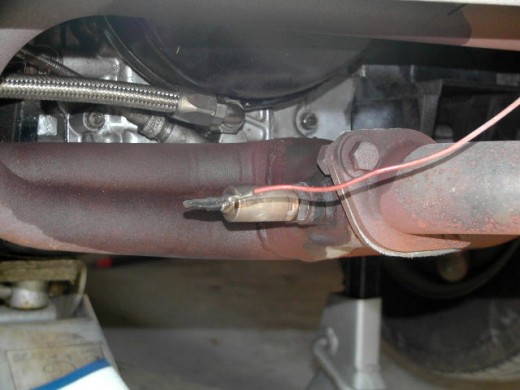
5. Oxygen Sensors
If you've ever seen your Check Engine light turn on it's most likely the O2 sensor. The sensors job is to read the amount of oxygen flowing out of the engine through the exhaust pipe. Depending on its reading it will tell the main computer to add more or less fuel to keep the air/fuel mixture at its best performance. The O2 sensor should be replaced if it starts sending false information to the computer. You should see a proper service technician for troubleshooting Engine sensors.
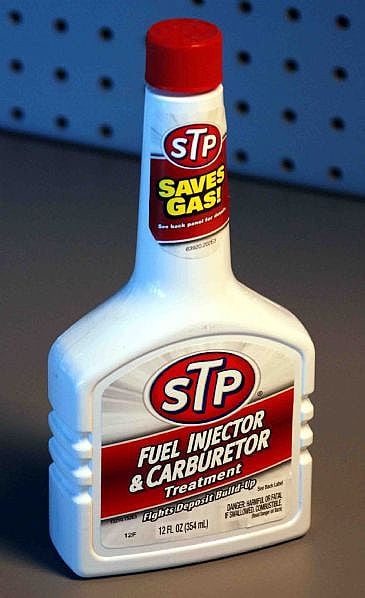
6. Fuel Injectors
Fuel injectors spray a mist of gas into the engine. Sometimes over time their misting ability turns more into squirting or trickling if they get clogged with silt. While some mechanics would recomend replacing them, the truth is that they can be fixed quite easily. They just need a good cleaning. Add a bottle of Fuel Injector Cleaner into a full tank of gasoline. Once you're out on the highway give the engine a few good hard throttles to really push the gas through the injectors. Always obey the speed limit though. After a few weeks you vehicle should be running better than ever.
7. Aerodynamics
Not as important for vehicles as it is for planes, though it will still rob you of your fuel efficiency. Keep the windows closed, especially at higher speeds. Instead , consider using the indoor fans to get clean outdoor ventilation.
8. Alignment & Balance
Have your service technician test your car for proper wheel alignment. Sometimes after hiting a hard bump things can get screwy with the tires - so have them tested and make certain they're all straight. The last thing you want is one tire pulling you left while the other goes right.
Also, make sure that your tires are in good condition and balanced properly. An inbalanced tire will shake at specific speeds and will disturb the overall driving quality of the vehicle.
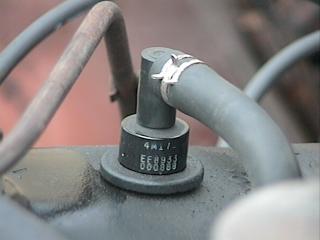
9. PCV Valve
The PCV Valve is a small plasticpart that is usually attacked with a hose and located on top of the rocker cover. Being so small it may seem insignificant but it has a very important job. It takes whatever gases that were not burned inside of the enging and sends it back to be burned again. If the PCV Valve were not to operate properly gas buildup inside of the engine would be lost and eventually find its way into the atmosphere. Replacing the valve is easy - if you need help locating it consult a professional.
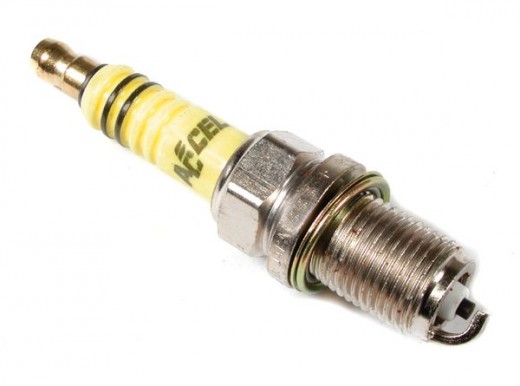
10. Spark Plugs
The spark plugs job is to create the spark that ignites the air-fuel mixture in your engine. Sometimes over time the plugs get dirty and should be replaced. When replacing ensure that they are the righ ones for you vehicle type.
Not all spark plus are created equally - usually the more expensive spark plugs ignite the gases faster and more efficiently. This could translate into more horsepower and better fuel efficiency.

